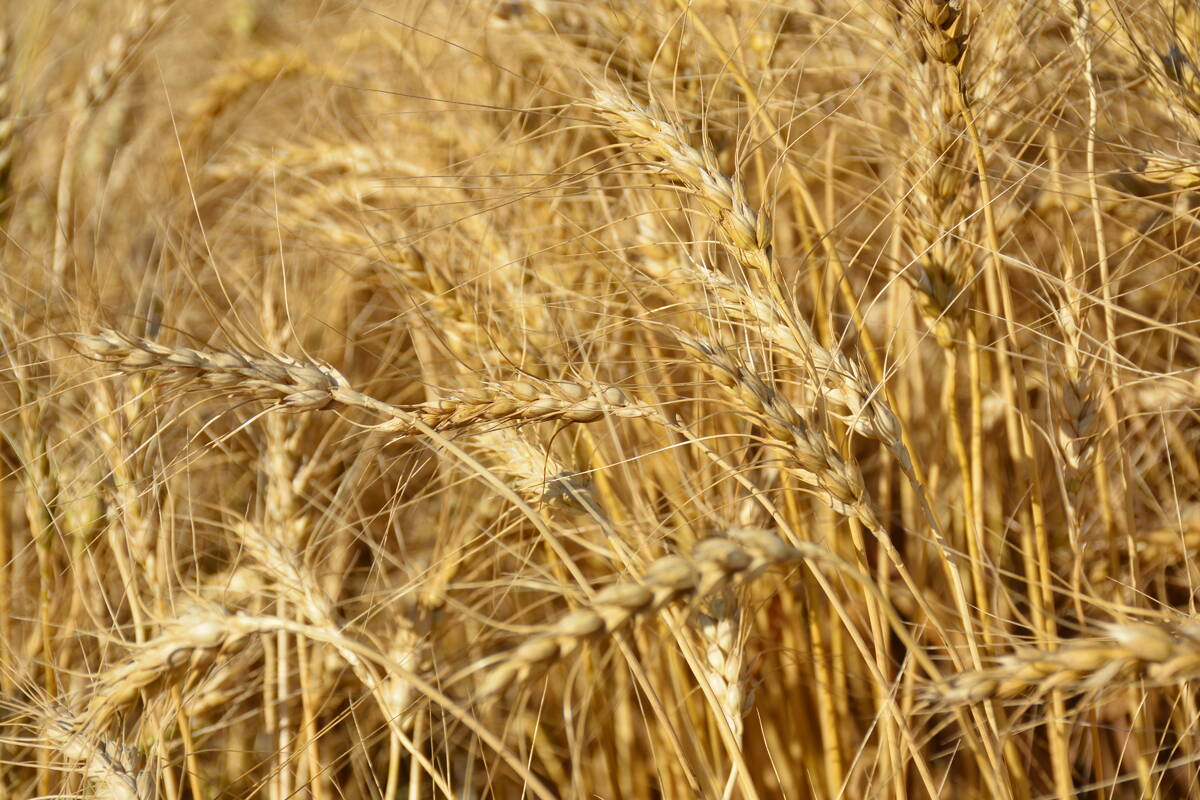The Canadian Food Inspection Agency has published a detailed report from recent consultations on modernized seed regulations.
The agency, which administers Canada’s Seeds Act, launched the consultations earlier this year as part of its larger seed regulatory modernization process, which has been ongoing since 2020.
Why it matters: Control over future seed rules has been hotly debated for years.
Read Also

Scientists discover a gene that could triple wheat production
This discovery could give breeders a powerful new tool to boost yields without needing more land, water, or fertilizer.
The latest consultations sought input from stakeholders including farmers, seed producers, industry associations, researchers and Indigenous communities, the CFIA said. The goal was to understand the current regulatory landscape and identify improvements to better support the agricultural sector.
More than 60 per cent of respondents agreed the CFIA should assume responsibility for determining variety certification for crops not subject to variety registration.
Over 60 per cent of respondents also wished to maintain the current system in which common seed sellers are exempt from extra requirements, so long as they continually meet the standards and requirements for common seed sold in Canada. They would also continue to be monitored by the CFIA.
When standards are set, it should not involve an advisory committee, the survey indicated, and the organization that sets the standard should also be able to amend it, said more than 60 per cent of respondents.
Feedback indicates the current system is working well, and an advisory body would not improve it, the agency reported.
Also according to over 60 per cent of respondents, SeedCert needs to be expanded so it collects information now found in pedigree seed declarations and seed grading reports and should also get data on quantity of seed certified. A similar proportion of respondents believed the seed certification system would be improved if the Canadian Seed Growers’ Association took on more certification tasks now overseen by the CFIA.
There was less than 60 per cent support for a requirement stipulating that all seed types must be tested by labs that are officially recognized, accredited or supervised by accredited graders.
Respondents reacted similarly to the proposal to only allow people to apply a common seed grade name if they are an accredited grader. There was also lackluster support for the suggestion that Canada continue to allow seed to be pre-cleared or post-cleared by an authorized importer, while all other imported seed would only have to be pre-cleared.
Feedback was split on the idea of establishing an advisory committee made up of stakeholders in the value chain who would make recommendations and suggestions on how to improve Canada’s seed system.
Finally, respondents couldn’t agree on whether purity testing should be required on small lots of seed for personal use, to ensure seed standards are met before import.
Over 60 per cent of respondents were against registrants being able to cancel varieties at their own request, even when there are no safety concerns about the variety. These varieties should be phased out instead of cancelled, the feedback indicated. Cancelling varieties reduces farmer choice and could negatively impact marketability of grain derived from that variety.
Respondents emphasized the importance of digitization to enhance the efficiency and effectiveness of the import system.
Stakeholders proposed that appointments on advisory committees should not be made solely through ministerial authority. Instead, a democratic, inclusive and transparent process should be established to ensure representation that reflects all stakeholders, including farmers and the public, the CFIA reported.
Stakeholders highlighted the need for transparency and oversight concerning a single digital system.















